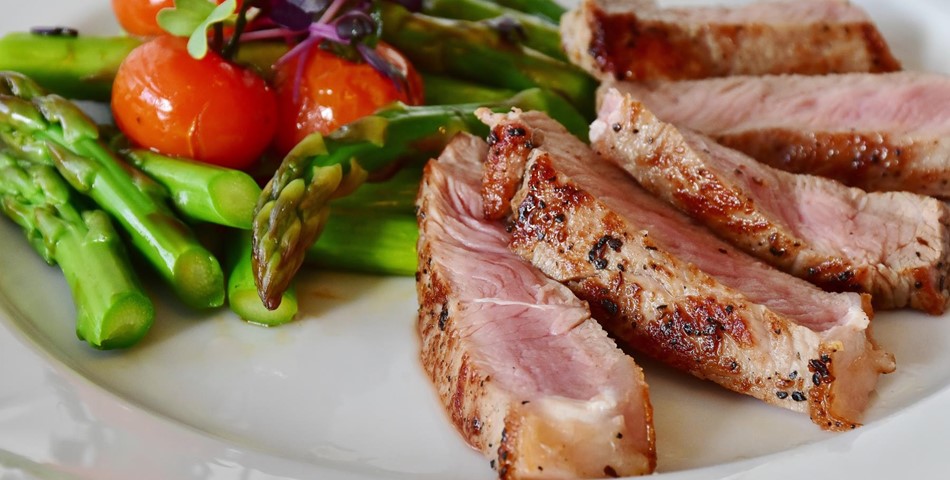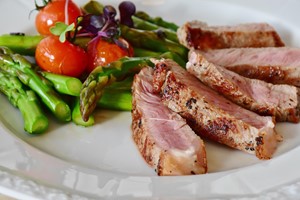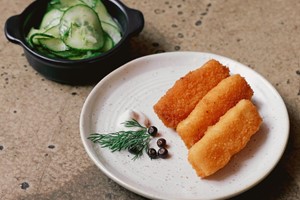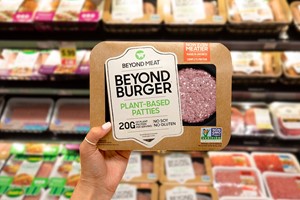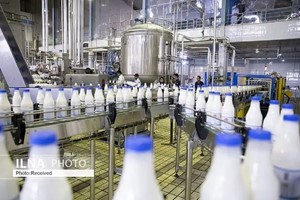Major industry sectors
Germany's food and beverage industry is the third largest industry sector in Germany, generating production value of USD183.5 billion in 2015 and have a promising outlook in the coming years. The industry is best characterized by its small and medium-sized enterprises of more than 5,800 companies employing a workforce around 560,000. The largest industry segments by production value are meat and sausage products (24 percent), dairy products (14 percent), baked goods (10 percent), and confectionery (9 percent). Leading companies include well-known brand names such as Nestl�, Dr. Oetker, Vion Food Group, Tchibo, Coca-Cola, and Mondelez International. Research and development and innovation spending in the German food and beverage industry was expected to reach more than USD4.24 billion in 2016.
Food service
The German food service market is already the second most important distribution channel within the German food industry. An ever-growing share of consumers enjoy eating out-of-home in restaurants, cafes and snack bars. In 2015, food service sales grew by 3.5 percent and reached USD80 billion. All major market segments, including the non-commercial food service (4.5 percent increase) and quick service (3.7 percent increase) sectors - profited from the positive market environment. Casual food service concepts such as "Mediterranean" and "Asian" style as well as "better burger" concepts also enjoy growing popularity.
International Trade


Today, the country is both the third largest exporter and importer of agricultural and food products worldwide. In 2015, imports of agricultural and food products grew by over six percent to USD81 billion, making Germany a net importer of food and beverage products and thereby the most important European market for foreign producers. Exports of processed foods and agricultural commodities generated USD71 billion in sales. One third of all processed foods manufactured in Germany are exported (79 percent to other EU member states), underpinning Germany's strong location factors in terms of price and quality.
Recent investment projects
Significant investments in the industry include, for example, the investment by the Turkish nut specialist Tadim, establishing a major presence in Emsdetten in the German state of North Rhine-Westphalia.
Market outlook
Considering the positive market data for the first half of 2016, industry analysts expected a positive market development for the coming years. Consumers are tending to buy less and less often, but demanding higher quality including organic, fair trade and health & wellness food products. The domestic food and beverage sector has profited from the strong German economy and low unemployment. In addition, regionally sourced or produced foods and growing international demand for food made in Germany will drive market growth.




